GHB Addiction Treatment
GHB addiction is a serious condition that requires professional treatment to ensure safe recovery and reduce the risk of relapse. GHB, or gamma-hydroxybutyrate, is a depressant drug that can quickly lead to dependence, with long-term use causing memory loss, depression, and other health problems.
If you or someone you know is struggling with GHB addiction, it is important to seek a treatment programme that combines medical detox with psychological support and aftercare. Programmes designed for synthetic drug addiction treatment use methods like medically supervised detox and behavioural therapy to help you regain control of your life.
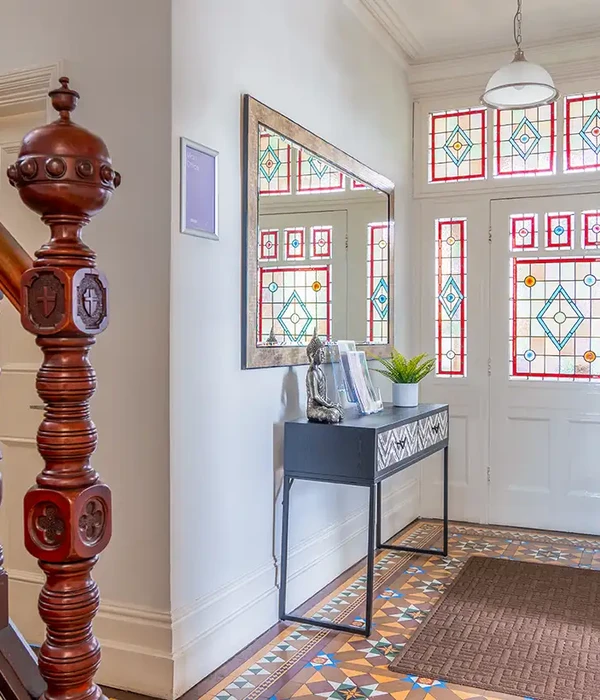
Take the First Step Towards Recovery
Steps Together offers personalised support and proven treatments, providing the care, guidance and encouragement you need to move forward with confidence and build a healthier future.
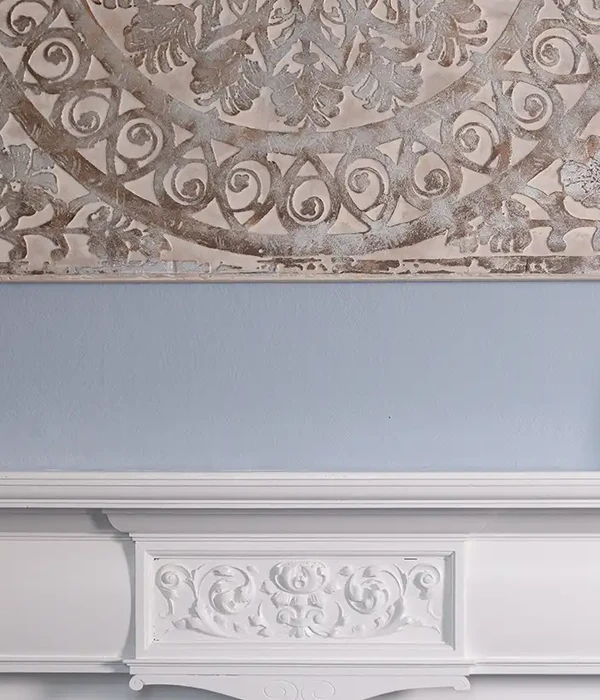
Understanding GHB Addiction
Gamma-hydroxybutyrate (GHB) is a tightly controlled synthetic drug used both in medicine and recreational settings. It is a central nervous system depressant. Some people use it to treat narcolepsy, but it is more widely known for misuse at clubs and parties. The effects range from relaxation and mild euphoria to loss of consciousness.
With repeated use, your body can become physically dependent on GHB. This means you may need higher doses to get the same effect, which increases health risks. GHB has a history of being used as a ‘date rape’ drug due to its powerful sedative qualities. Its addictive potential is often underestimated, and misuse can quickly develop into a serious addiction.
Causes and Risk Factors
GHB addiction develops from a mix of biological, psychological, and social factors. Using GHB to self-medicate mental health issues such as anxiety or insomnia increases your risk. Peer pressure at parties or social gatherings can encourage experimentation with the drug. Over time, what starts as use for fun or escape can become a habit.
Regular use alters brain chemistry and weakens your ability to make decisions. Addiction may develop gradually as you feel the need to use GHB more often to calm down, sleep, or deal with stress. A family history of addiction, certain mental health conditions, and a stressful environment also raise your risk for GHB abuse.
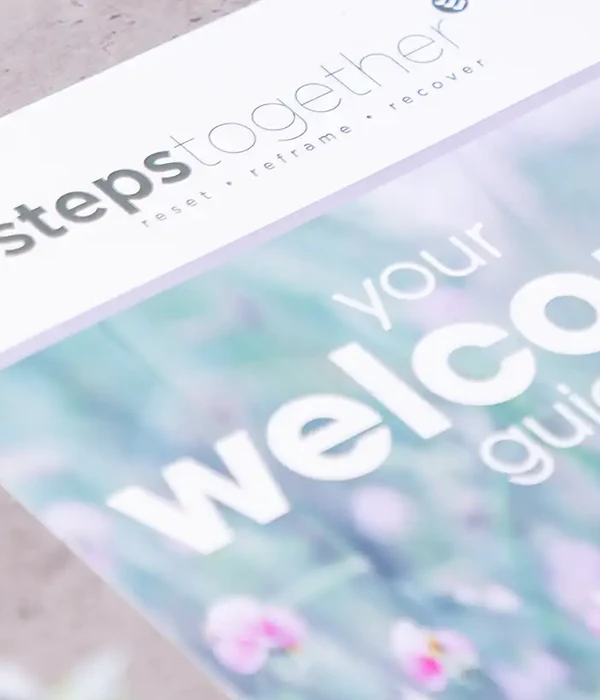
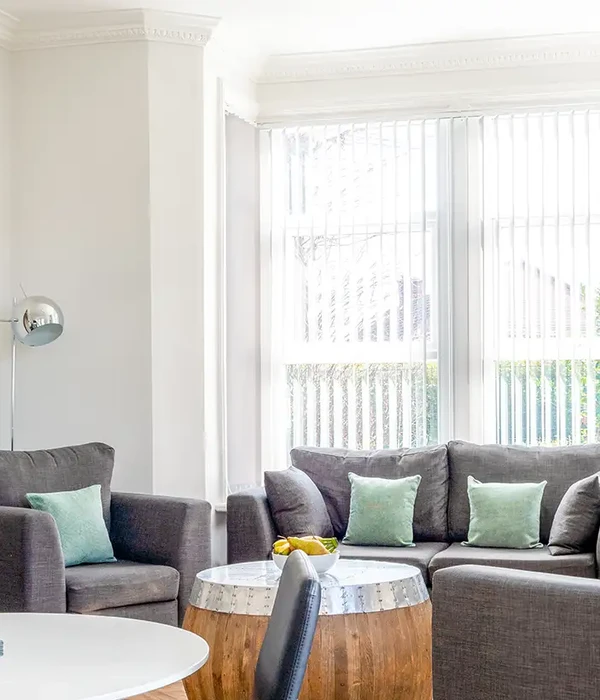
Signs of Addiction
Common signs of GHB addiction include a strong urge or craving to use the drug and trouble stopping, even if you want to. You may have withdrawal symptoms, such as anxiety, sweating, tremors, or trouble sleeping, if you do not take GHB. Tolerance builds, so you might find yourself needing bigger or more frequent doses to feel the same effects.
Relationships and finances may suffer as using GHB becomes your top priority. Mood swings, memory problems, and poor judgement are frequent psychological symptoms. Physical dependence is clear if you feel sick or agitated without the drug. Recognising these signs can help you determine when it is time to seek support.
Approaches in GHB Addiction Treatment
Treating GHB addiction involves more than just ending drug use. A lasting recovery depends on strong therapy techniques and dedicated support for your mental health and relationships. Approaches in a GHB rehab programme can include:
Cognitive-Behavioural Therapy
Cognitive-behavioural therapy (CBT) helps you understand and change the patterns of thinking that fuel your GHB use. During CBT sessions, you learn to spot triggers that make you want to use and develop practical ways to avoid or manage them.
CBT often focuses on teaching you coping skills for stress, anxiety, and other problems that might lead to relapse. These strategies are easy to practise in everyday life and offer clear steps to handle cravings or social pressures.
Motivational Interviewing
Motivational interviewing is a therapy approach that helps you find your reasons and motivation for making changes. Instead of focusing on what you “should” do, the therapist helps you uncover what you want for your future.
Sessions are built on respectful, non-judgemental conversations that highlight your strengths. The therapist will guide you through doubt or uncertainty, making it easier to commit to your recovery goals.
Group and Family Therapy
Group therapy allows you to share your experiences and hear from others who are also working through GHB addiction. In these sessions, you receive peer support and encouragement, which can ease feelings of shame and isolation.
Family therapy brings your loved ones into the recovery process. By improving communication and trust, you and your family can heal and rebuild relationships that may have been damaged by the addiction.
Dialectical Behaviour Therapy
Dialectical Behaviour Therapy (DBT) is designed for people who may have intense emotions and struggle with impulse control. DBT combines traditional talk therapy with skills training in four main areas: mindfulness, emotion regulation, distress tolerance, and healthy relationships.
DBT often uses worksheets, group practice, and real-life exercises. It can be used in both individual and group therapy sessions and was originally developed to address Borderline Personality Disorder, but has since proven effective at treating various conditions such as substance use disorder.
Other drug addictions we treat at Steps Together

Aftercare Planning
Aftercare is organised support following the end of your main treatment. It helps you adjust to life without GHB and lowers the risk of relapse. Good aftercare includes regular therapy, counselling, and connecting with support groups such as Narcotics Anonymous.
You may also join weekly group therapy sessions, take part in relapse prevention planning, and learn new coping skills. Many specialist clinics offer ongoing guidance and structured programmes to help keep you on track. Setting clear goals, keeping up with appointments, and staying connected to your network can be vital parts of aftercare.
Building a Drug-Free Life
Building a drug-free life is more than avoiding GHB. It means creating healthy habits, making new friends who support your journey, and rebuilding trust with family or loved ones. Staying involved with therapy and support groups lets you share your progress and receive advice when things are tough.
Life skills training, such as stress management, communication, and problem-solving, can help you deal with daily challenges. Having hobbies, volunteering, or finding purposeful work can bring structure and meaning to your life.
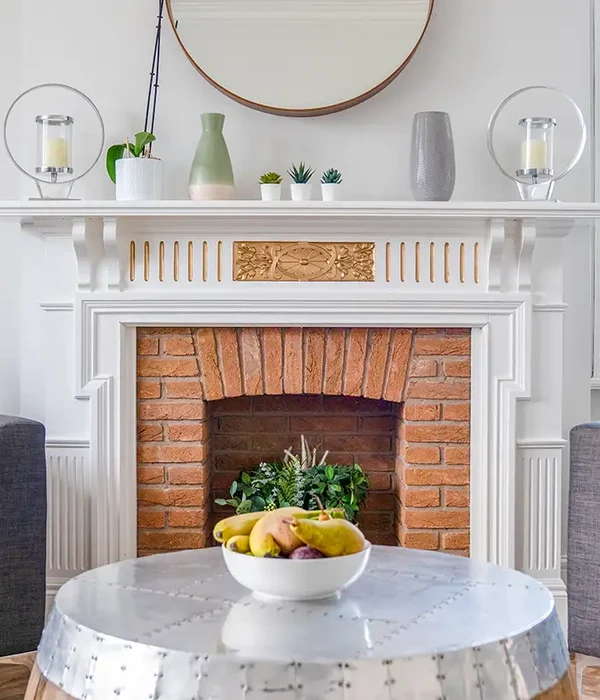
GHB Detox and Withdrawal
GHB withdrawal symptoms usually begin within hours after the last dose. You may experience anxiety, tremors, sweating, rapid heart rate, and insomnia. For some, the symptoms of GHB withdrawal may include confusion, agitation, hallucinations, and, in severe cases, seizures. Withdrawal can last from a few days to up to two weeks.
Medical detox is often recommended for GHB withdrawal. This means you are monitored by healthcare providers in a safe setting while your body clears the drug. Nurses and doctors watch for dangerous symptoms and can act quickly if you need help. Medical detox also makes it easier to address dehydration or heart problems.
Managing the effects of GHB withdrawal is key to your comfort and safety during detox. Medication, like benzodiazepines, may help relieve severe anxiety, stop tremors, and prevent seizures. Fluid replacement and nutrition support are important to avoid dehydration and weakness. Therapy or counselling can begin during or just after detox.
GHB Rehab Options
GHB addiction can be managed using a mix of medical detox, therapy, support, and ongoing care. The most effective treatment depends on your health, support system, and how severe your addiction is.
Building a Personalised Treatment Plan
A personalised treatment plan tailors services to your individual needs. At the start, your treatment team will assess your health, length of addiction, and personal situation. You and your team will then set specific recovery goals.
A full plan combines supervised drug detox, therapy sessions, ongoing support, and relapse prevention strategies. You may have regular reviews to adjust your care as you progress. Your plan could involve both inpatient and outpatient rehab, depending on your progress and needs.
Outpatient Rehabilitation and Support
Outpatient rehabilitation lets you receive treatment while living at home. You travel to a clinic for therapy, medical check-ups, and group support. This approach gives you more flexibility and allows you to remain involved with school, work, or family duties.
Outpatient programmes include weekly therapy sessions, like individual counselling and group therapy, to help you understand why you use GHB and how to stay drug-free. Some clinics run evening or weekend sessions, so you can stay involved without missing important commitments.
Inpatient Rehabilitation Programmes
Inpatient rehabilitation programmes provide care in a secure setting, often lasting several weeks. You stay at a treatment centre where a medical team manages your detox and withdrawal symptoms. This helps lower the risk of dangerous complications and makes sure you are safe day and night.
Most inpatient rehab programmes use individual and group therapy to tackle both physical and mental aspects of addiction. Sessions often include cognitive behavioural therapy, which teaches you how to handle triggers and cravings. Centres often offer family counselling, relapse prevention classes, and structured daily routines.
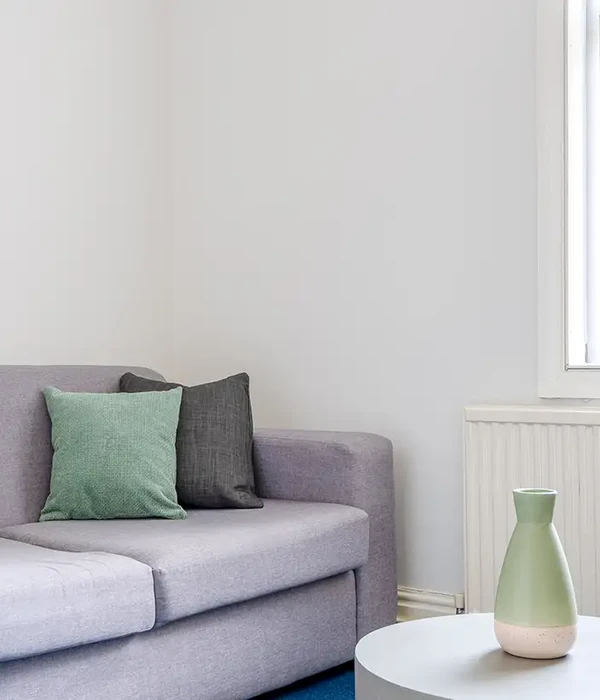
Get Help for GHB Addiction
Stopping GHB use can be challenging, especially once dependence has developed, but recovery is entirely possible with the right support. A comprehensive GHB addiction treatment programme addresses both the physical and psychological aspects of addiction, helping individuals detox, understand underlying causes, and build healthier coping mechanisms.
Drug addiction treatment may include medical supervision, therapy, and aftercare planning to support long-term recovery. Taking the first step is simple; a phone call or email is all it takes to begin the journey toward a life free from substance misuse. Whether you’re looking for help for yourself or a loved one, Steps Together will help you through drug addiction.
Frequently Asked Questions
What is the most effective approach to treating dependence on GHB?
The safest and most effective treatment for GHB addiction often starts with a medically supervised detox. Medical staff monitor symptoms and respond quickly if complications arise.
How long does it typically take to recover from GHB dependency?
The timeline for recovery varies by individual. Acute withdrawal may last up to 15 days, depending on the level of dependence and other health factors. Ongoing aftercare improves your chances of staying drug-free.
What role do psychological therapies play in the treatment of a GHB addiction?
Psychological therapies are key to addressing the reasons behind drug use and helping you develop healthier habits. Therapies such as cognitive behavioural therapy, counselling, and group therapy help you identify triggers and practise relapse prevention skills.
Can withdrawal symptoms from GHB use be managed safely?
Withdrawal from GHB can cause serious complications, including confusion, tremors, anxiety, and in some cases, life-threatening symptoms. Managing these symptoms safely usually requires medical supervision and sometimes hospital care.
Are there any medications approved to assist in the recovery from GHB addiction?
At present, there are no specific medications officially approved for treating GHB dependence. Doctors may prescribe medicines to ease withdrawal symptoms or manage cravings, but these are not cures.
What support is available for families of individuals struggling with GHB abuse?
Support groups, counselling, and educational workshops can help families learn to cope with the stress of a loved one’s addiction. Many treatment centres offer family therapy and community resources.





